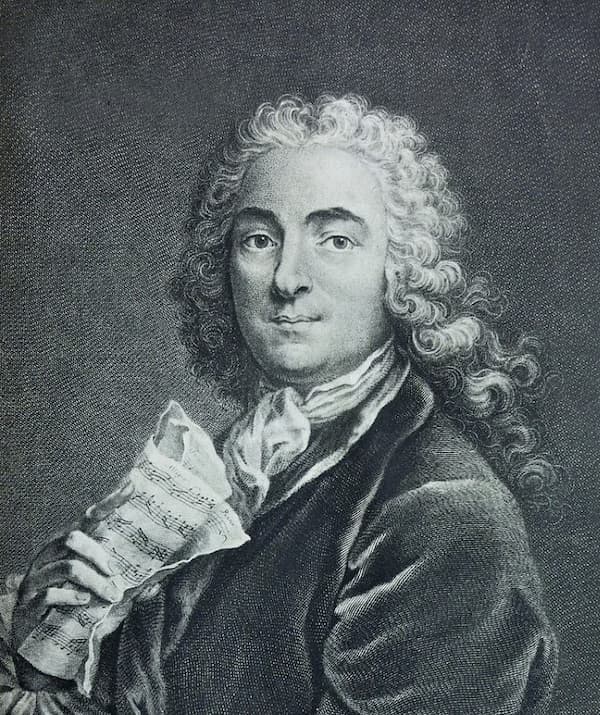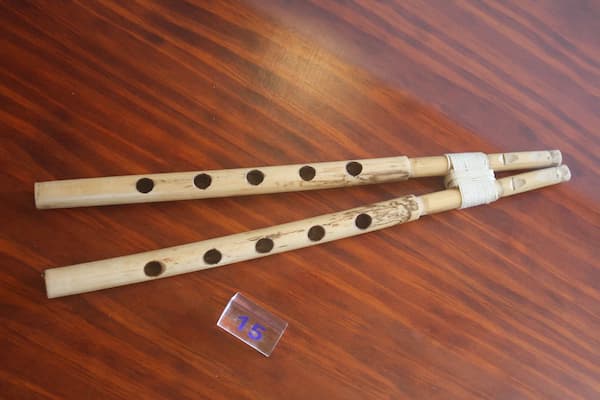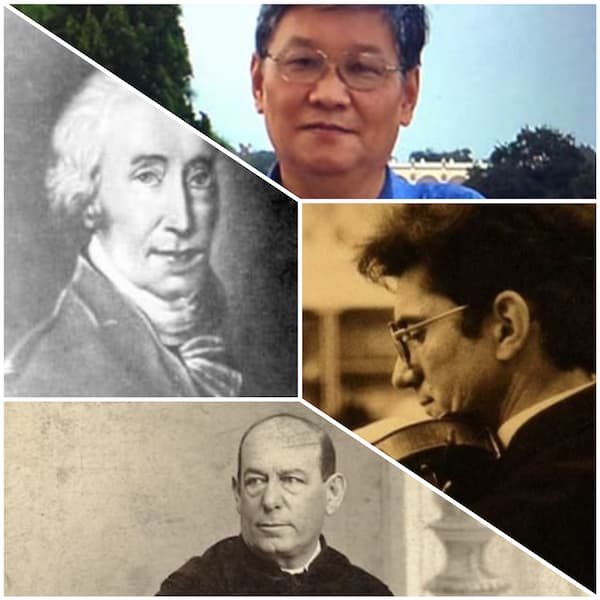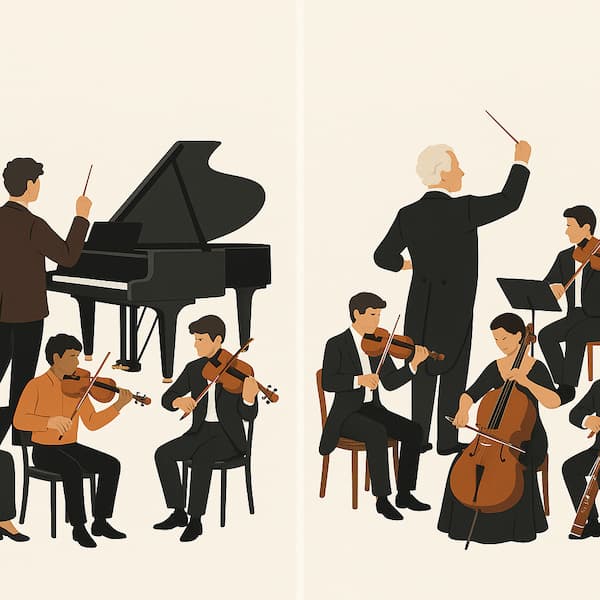In 1932, Mexican composer Carlos Chávez wrote incidental music for a staged performance of Jean Cocteau’s version of Sophicles’ Antigone. Cocteau had created the play a decade earlier and called it a ‘contraction’ of the original. The original, one of the oldest surviving plays by Sophocles, was written around 441 BCE.
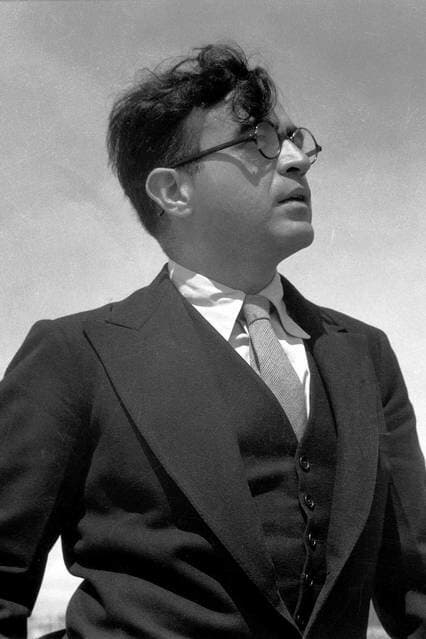
Manuel Álvarez Bravo: Carlos Chávez, ca. 1930–40
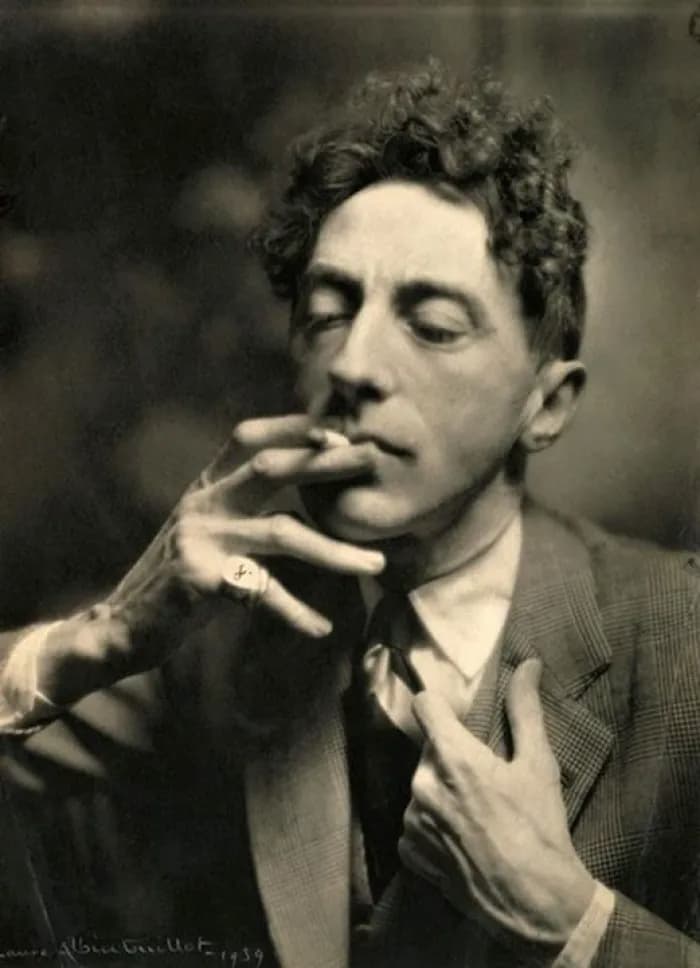
Laure Albin Guillot: Jean Cocteau, 1939
Sophocles is a tragedy in the true sense: everyone dies at the end, or, nearly everyone. Antigone is the sister of Polynices and Eteocles, who have died fighting each other for the throne. The new king, Creon, decrees Polynices will not be honored, but will be left to the carrion animals. Antigone secretly buries her brother and is found out. Creon sentences her to be buried in a cave where she will die, but not by his hand. Haemon, Creon’s son, pleads for her life but cannot change Creon’s mind. Haemon kills himself after finding that Antigone has hanged herself. Eurydice, Creon’s wife, kills herself because Creon’s actions have killed her son. Creon has now lost everything: wife, son, and all chance for redemption with Antigone’s death. The moral at the end is that although the gods punish the proud, punishment brings wisdom. A modern commentator noted that Creon’s downfall didn’t come from political rivals, but from someone who only wanted to do right by her brother.
The first composer to create incidental music for Cocteau’s play was Arthur Honegger, for a performance at the Théâtre Royal de la Monnaie with sets designed by Pablo Picasso and costumes by Coco Chanel.
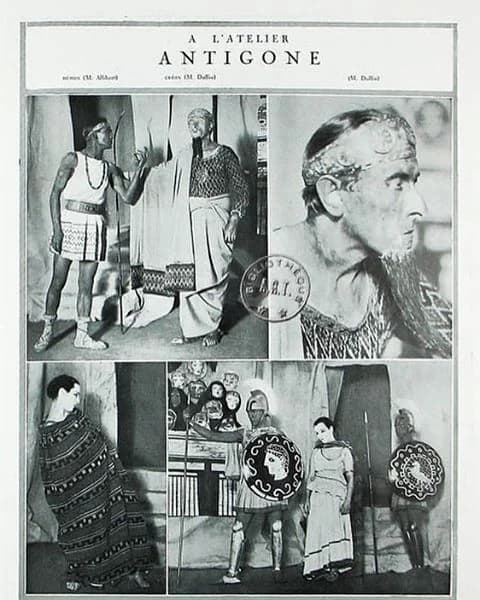
Programme from the 1922 Paris production
In 1932, for a production of the play in Mexico City, Chávez created the incidental music. From that incidental music, he went on to use the materials for his first symphony, Sinfonia de Antigona. In his program note, Chávez said:
‘Inspired by the feelings prevalent in the Greek tragedy, the Sinfonia de Antigona nevertheless is not directly related to scenes in the drama. It is a symphony, not a symphonic poem: the music has no literary program. Antigone, her exaltation and rebellion, her heroism and martyrdom – these are expressed by the entire symphony, not by its successive sections. The atmosphere of intense tragedy is established in the first measures and persists throughout, its expressive power residing principally in the simplicity and sobriety of the musical materials employed. The score breathes a certain archaic quality because of the use of rhythmic harmonic and melodic elements essential to ancient Greek music; the themes all are modal, and the harmony is in fourth and fifths, thirds having been avoided because the Greek musical system treated them as dissonant’.
Carlos Chávez: Sinfonia de Antígona, “Symphony No. 1” (Mexico National Symphony Orchestra; Carlos Chávez, cond.)
By focusing not on the story but on the character of Antigone and her feelings, Chávez has created a work that transcends even Sophocles’ story. Although Chávez says that he’s pulling his inspiration from ancient Greek music, there’s a certain amount of New World material in the sound. But not an American sound (as we might find in Copland’s music from this same time), but a definitive Mexican sound that would continue to be influential.
For more of the best in classical music, sign up for our E-Newsletter

